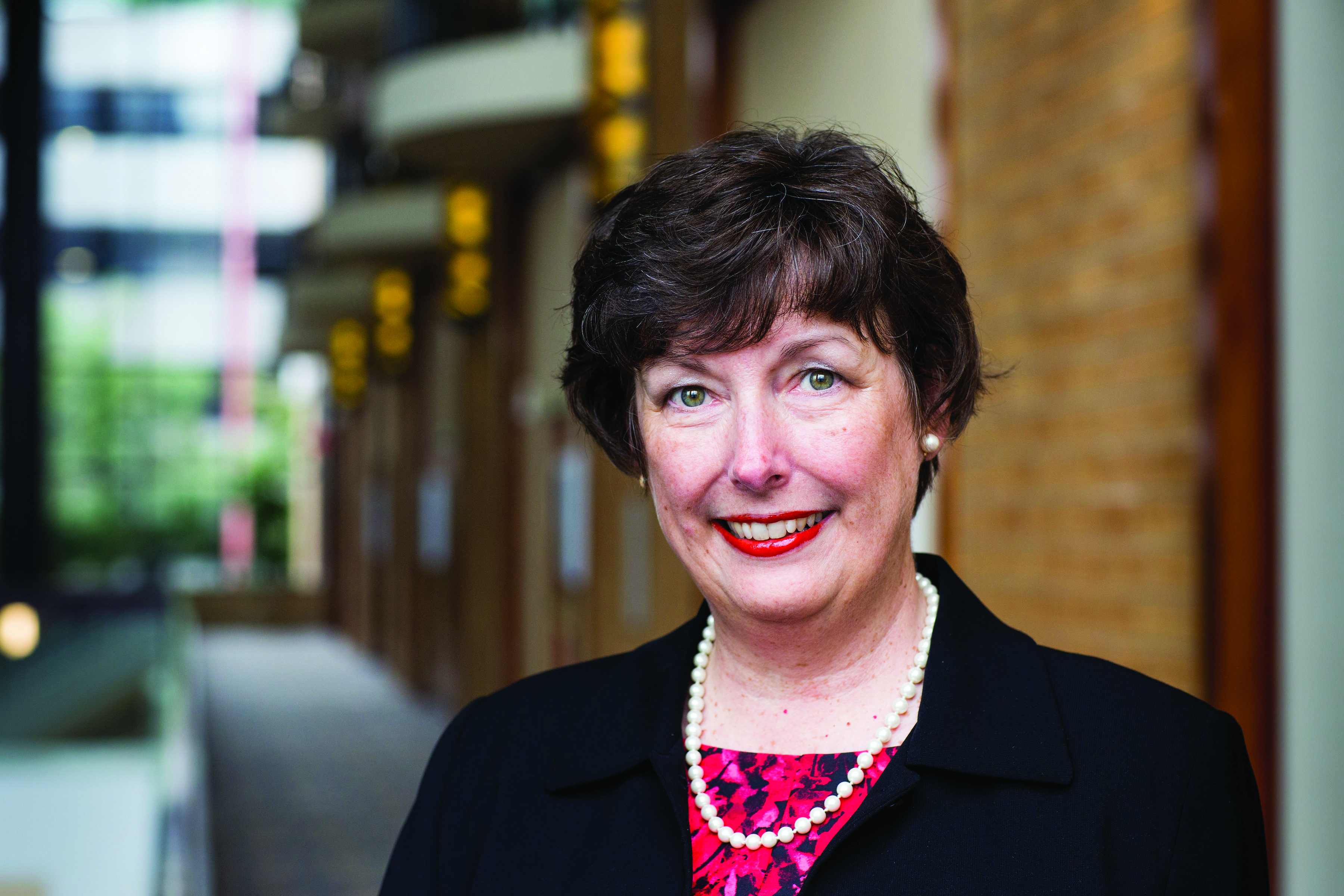
May is a month of celebration as we look forward to graduations, Mother’s Day, National Nurses’ Day, and Oncology Nursing Month. Many of us will celebrate with small gifts or trinkets, continuing education events, or treats like special breakfasts, donuts, or pizza parties from our employers. How will you celebrate your role in a profession that the public continues to describe as the most trusted year after year? How will you continue to nurture and protect yourself as one of nearly 4 million national treasures?
Flight attendants tell us to put on our own oxygen masks first before helping others, yet nurses may not always heed that advice when taking care of themselves. Researchers for two studies investigated the habits and practices of oncology nurses using personal protective equipment (PPE) and found serious concerns about nurses exposing themselves and others to the effects of hazardous drugs by failing to follow safe handling practices that ONS has recommended for years. A randomized controlled trial showed that “despite four decades of evidence to suggest adverse health effects for workers who handle hazardous drugs, nurses persistently do not wear PPE as recommended.” Similar findings were noted in a study about antineoplastic drug administration by pregnant and nonpregnant nurses. Why aren’t nurses protecting themselves?
The answer is likely as complicated as the drugs we administer. But we might begin by asking ourselves what motivates us to assume such serious risk. Do we make excuses such as, “I’ll be careful” or “It won’t happen to me because I know what I’m doing”? And it’s not just about safe handling. Think about the risks that we take every day when we fail to take care of our own health first. When I fail to get adequate sleep, manage stress, or maintain a healthy diet; text when stopped at a traffic light; or multitask during phone meetings, the consequences at a personal level also impact my effectiveness as a nurse.
Increasing evidence suggests that nurses who don’t take care of themselves may have poorer patient outcomes as well. In a study with nearly 1,800 nurses across the United States, more than half of the nurses reported having made a medical error within the past five years and those with worse physical and mental health had a higher likelihood of making an error.
These are some sobering thoughts for all of us to ponder as we celebrate our profession and the gifts and talents that we bring to people with cancer. Let’s commit to bring our best selves to our work and pledge to care for ourselves first this year. Our patients trust us. We continue to earn that trust when we practice evidence-based care. Let’s model that for ourselves, too.
Happy Oncology Nursing Month!





